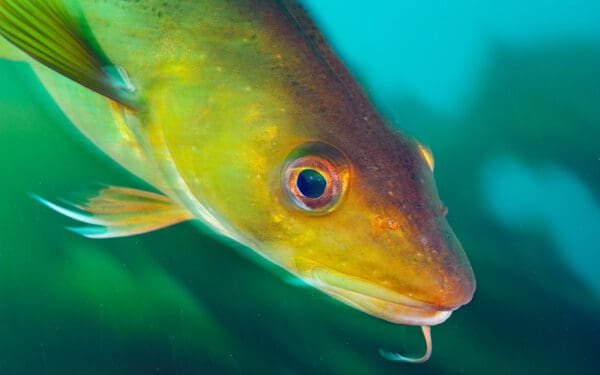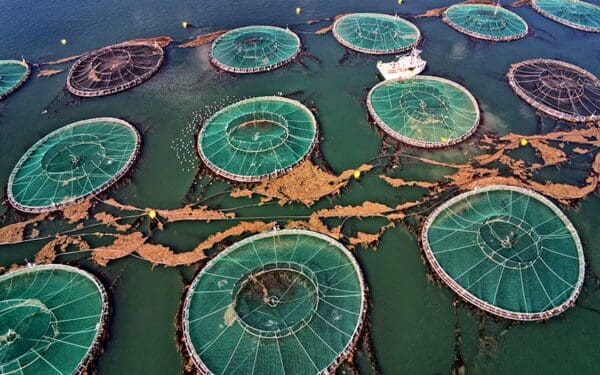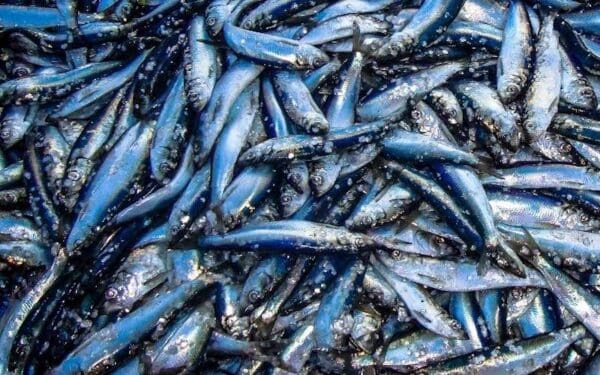New England’s Iconic Atlantic Cod on the Brink
Atlantic cod were once the lifeblood of New England’s economy. But decades of overfishing and poor management decisions have devastated their population, leaving the fishery in crisis. We need drastic changes in how we manage this iconic fish before the population reaches the point of no return.
CLF in Action
For decades, CLF has advocated for healthy fisheries. We have had successes, but when it comes to Atlantic cod, fishery managers have failed in their duty to sustainably manage the iconic species. For too long, fishery managers have favored short-term economic gains over long-term conservation measures that will protect the future of both New England’s fish and fishing families. These decisions have virtually guaranteed cod’s continued demise.
We have a chance to bring back Atlantic cod. That’s why we’re pushing for improved conservation measures, including protection of critical habitat and cod catch limits based on accurate scientific data.
What’s at Stake
Cod was once a critical economic engine for the entire region. But today, cod populations linger at their lowest levels ever recorded. Cod in the Gulf of Maine and on Georges Bank have collapsed.
Actions by fishery managers have largely contributed to cod’s demise. They have stripped protection for important cod habitat and failed to reduce catch limits to a number that would help the population bounce back. And, for too long, fishery managers have delayed the process to ensure monitors are present on all fishing trips. This oversight prevents our fisheries from collecting accurate and reliable data on how many cod are actually being caught. On top of this, warming waters due to climate change have put Atlantic cod in an even more precarious position.
The triple threat of overfishing, habitat degradation, and climate change could be the breaking point for Atlantic cod. But CLF isn’t standing by and letting our region’s iconic fish – and the fishing families that depend on it – go quietly. We’re fighting to restore New England’s founding fish.




